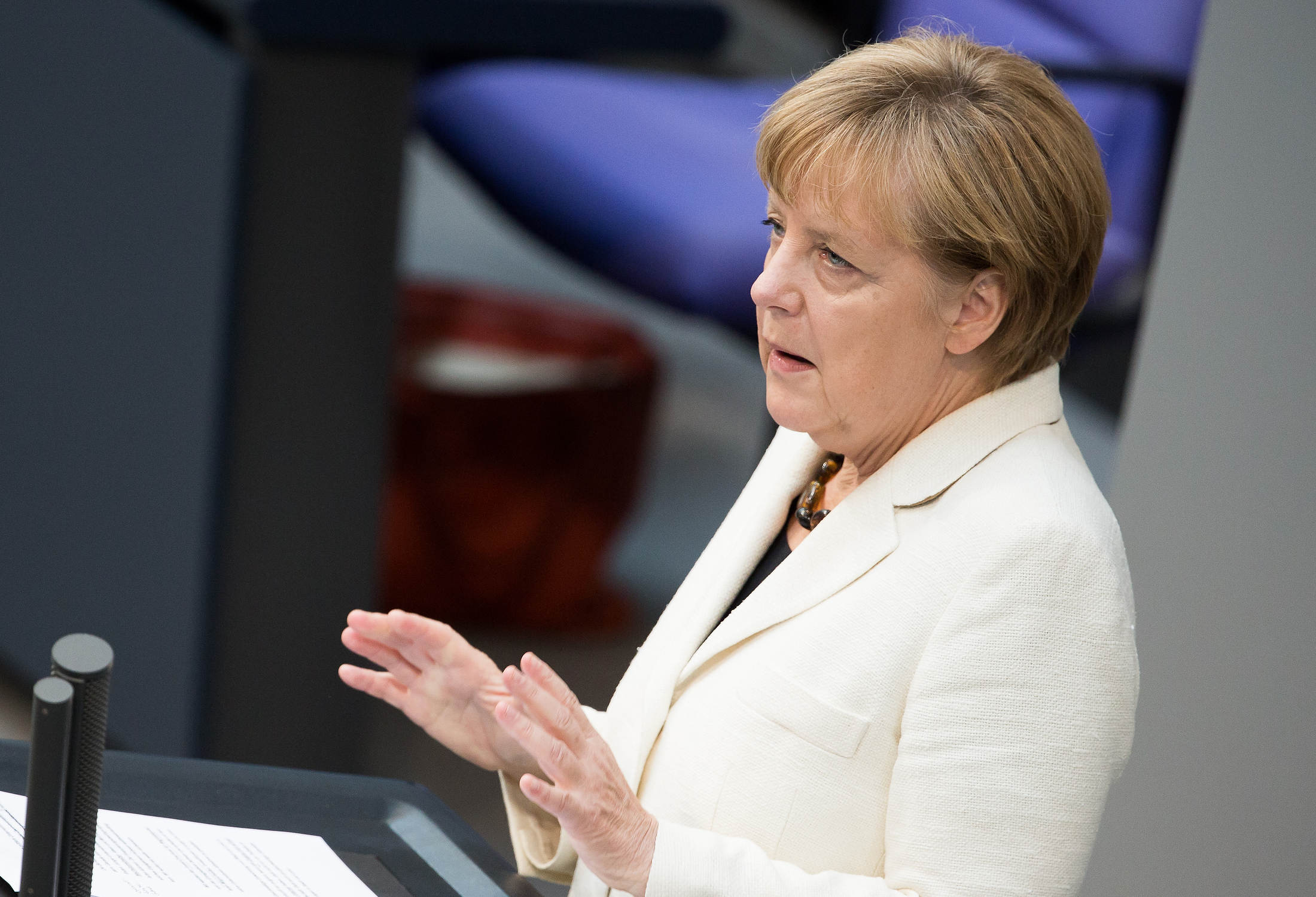On Friday, BASIC brings together Oliver Meier (Germany) and François Rivasseau (France) to discuss extended deterrence and NATO nuclear burden-sharing as a part of our ongoing Strategic Dialogue series at the Capitol Hill Club in Washington, D.C.[1]
In Washington, NATO is a key matter of interest when it comes to Afghanistan, possible military interventions in the Middle East and North Africa, or justifying major investment in the next generation of nuclear weapon systems based in Europe. But how much concern is there in Washington in regards to ensuring the cohesion of the transatlantic alliance and sharing the burden of the NATO nuclear arsenal? Why should burden-sharing matter to the Americans and why are European perspectives important to this debate? Friday’s Strategic Dialogue is intended to clarify for policy-makers on the Hill what some key western European perspectives are on contemporary burden-sharing, U.S. nuclear weapons in Europe, and the future of the transatlantic alliance.
The United States currently has just under 200 B-61 nuclear gravity bombs deployed in five European countries: Germany, the Netherlands, Belgium, Italy and Turkey. NATO’s 2012 strategic review, the Deterrence and Defense Posture Review (DDPR), identified burden-sharing amongst the NATO allies as a core reason for maintaining these systems, for now. They are seen as strengthening Alliance cohesion by giving European states some of the “burden” of the Alliance’s nuclear deterrent, or in other words, expanding the responsibility for NATO’s nuclear mission beyond the three Alliance nuclear weapon states (U.S., UK, and France). In practice, this means that Germany, the Netherlands, Belgium, Italy and Turkey not only share the burden of responsibility of hosting the weapons on their soil, but they also bear some of the costs, in the form of maintaining the bases, providing the dual-capable aircraft (DCA)–in all cases except Turkey–and training. However, this burden-sharing may soon become a liability to cohesion; NATO is running up against time when it comes to the future of U.S. nuclear weapons in Europe, as some of these host states need to invest in new DCA for carrying these B-61 bombs, and domestic debates against doing so are heating up (see the recent BASIC-ACA-IFSH publication by Ted Seay on the timelines and implications of procurement decisions for NATO’s DCA for more detailed information).
President Obama, in his Brandenburg Gate speech on June 19th, called on Russia to cooperate with the United States not only in agreeing in further bi-lateral strategic nuclear weapons reductions, but also in reducing theater (also known as “tactical”) nuclear weapons in Europe as a key piece in implementing his second term objectives on nuclear non-proliferation and disarmament (see Chris Lindborg’s analysis of Obama’s speech and the recent U.S. nuclear strategy review). However, the Obama Administration would have an uphill battle in Congress in agreeing any future treaty.
Also, on Thursday of this week, Ward Wilson, BASIC Senior Fellow and Director of the Rethinking Nuclear Weapons Project will discuss the role of nuclear weapons and the (in)effectiveness of these weapons as a deterrent with Professor Sir Laurence Freedman at Chatham House in London. Nuclear deterrence is a noticeably popular topic among nuclear “wonks” and policy shapers of late; while many theorists are trying to demonstrate that it is an outdated Cold War concept, it is still ingrained in the nuclear postures of the nuclear weapon armed states and alliances. For example, further to “burden sharing”, “deterrence” of NATO adversaries is another core purpose identified by the Alliance for the aforementioned U.S. B-61 nuclear bombs deployed in Europe. But are these Cold War relics really deterring NATO’s adversaries, or are they more of a political tool and symbol of Alliance assurance? The Rethinking Nuclear Weapons Project intends to re-evaluate the role of nuclear weapons as military and political tools, with the intention of breaking through traditional theories about nuclear weapons and influencing contemporary nuclear posturing.
[1] Dr. Meier is an Associate for the International Security Division at SWP Stiftung Wissenschaft und Politk [German Institute for International and Security Affairs] and Mr. Rivasseau is Minister Plenipotentiary, Deputy Head of the Delegation of the European Union to the United States. Both participants are speaking in personal capacities, rather than on behalf of their respective organisations.
Image: © Tobias Koch / www.tobiaskoch.net

